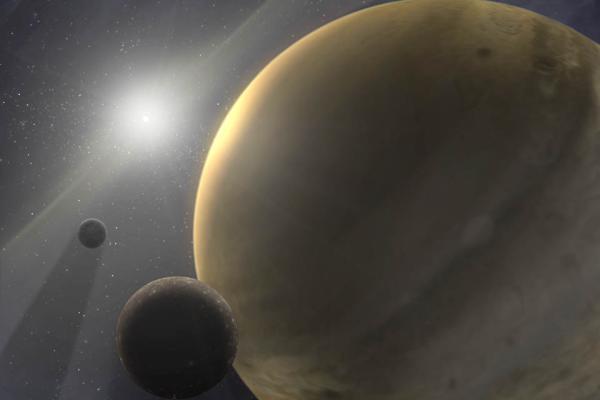
Gas Giant Planets: Formation and Impact on Habitability
The discovery of gas giant planets very close to host stars like the Sun, triggered the exoplanet revolution and forced astronomers to confront questions that have lingered for thousands of years. How common are planetary system architectures like our own? And if we focus on the likelihood of having both a rocky planet in the liquid-water zone as well as a gas giant beyond the ice-line, we must consider whether the probabilities are correlated. Answers to these questions require combining exoplanet demographics from multiple search techniques, as well as confronting planet formation theory on several fronts. I will outline our attempt to constrain the orbital distribution of gas giant planets and the planet mass function, as a function of host star mass. Crucial to this effort are new results on wide-orbit gas giants from high contrast imaging surveys. I will also outline steps toward theoretical model selection, and describe future work planned with new facilities, including JWST, possibly leading to the first images of a rocky planet in the liquid water zone with ELTs in the thermal infrared.
Speaker: Michael Meyer, University of Michigan
Image Description and Credit: Artist rendition of a hypothetical 10-million-year-old star system with a Sun-like-star and a gas-giant planet. Astronomers, using NASA's Spitzer Space Telescope have found evidence showcasing that gas-giant planets will form within the first 10 million years of a sun-like-star's life, or not at all. (NASA/JPL-Caltech/T. Pyle (SSC)).
